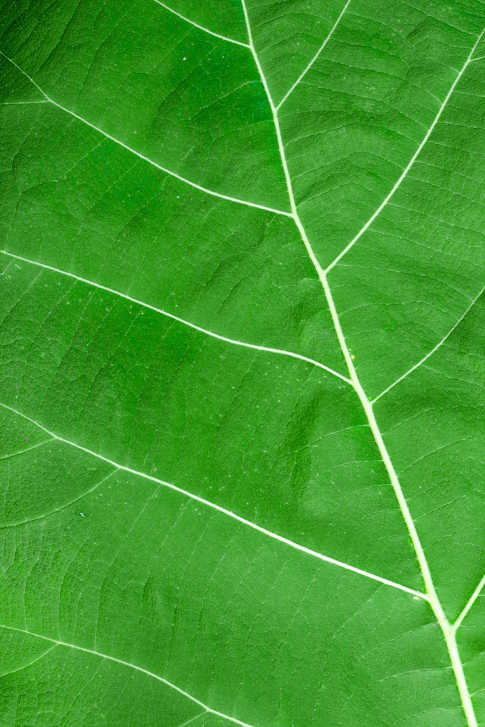
Photo source: Thinkstock
Washington
Plants will be less thirsty as carbon dioxide levels rise in the atmosphere, which may drastically reduce the extent of droughts due to climate change, a new study has found.
As humans pump carbon dioxide into the atmosphere and global temperatures rise, a major issue is how much fresh water will be available for people, forests and agriculture.
However, researchers show that popular long-term drought estimates have a major flaw — they ignore the fact that plants will be less thirsty as carbon dioxide rises.
The study shows that shifts in how plants use water could roughly halve the extent of climate change-induced droughts.
"A number of studies assume that plant water needs are staying constant, when what we know about plants growing in lots of carbon dioxide suggests the opposite," said Abigail Swann from University of Washington in the US.
Recent studies have estimated that more than 70 per cent of Earth will experience more drought as carbon dioxide levels quadruple from pre-industrial levels over about the next 100 years.
However, when researchers accounted for changes in plants' water needs, this falls to 37 per cent, with bigger differences concentrated in certain regions.
"It is a significant effect," said Swann.
The reason is that when Earth's atmosphere holds more carbon dioxide, plants actually benefit from having more of the molecules they need to build their carbon-rich bodies.
Plants take in carbon dioxide through tiny openings, called stomata, which cover their leaves. However, as they draw in carbon dioxide, moisture escapes, researchers said.
When carbon dioxide is more plentiful, the stomata does not need to be open for as long, and so the plants will lose less water. They will thus draw less water from the soil through their roots.
"I had a very strong suspicion that you would get a different answer if you considered how the plants were responding," said Swann.
The study compares today's drought indices with ones that take into account changes in plant water use. It confirms that reduced precipitation will increase droughts across southern North America, southern Europe and northeastern South America.
However, the results show that in Central Africa and temperate Asia — including China, the Middle East, East Asia and most of Russia — water conservation by plants will largely counteract the parching due to climate change.
The findings were published in the journal Proceedings of the National Academy of Sciences. — PTI



























